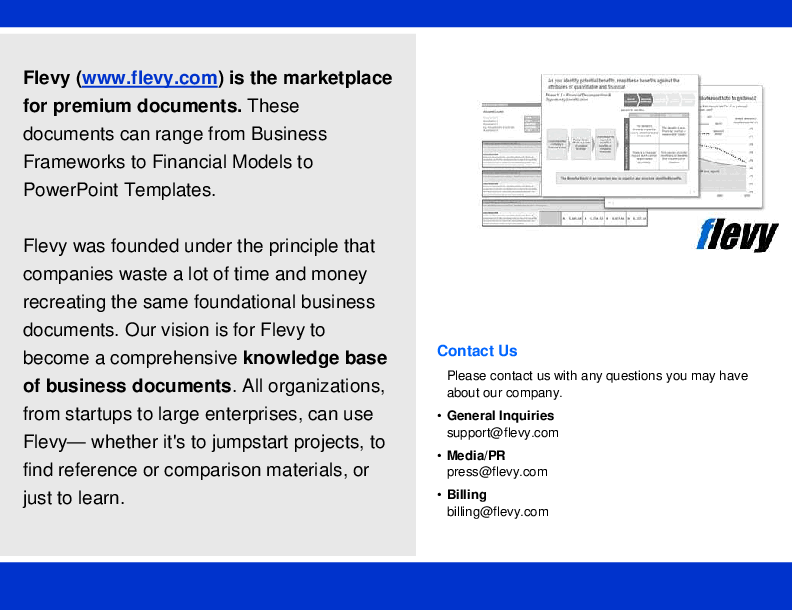IT Project Communication Process (PowerPoint PPTX Slide Deck)
PowerPoint (PPTX) 8 Slides
BENEFITS OF THIS POWERPOINT DOCUMENT
- Provides a framework for communication plans on IT projects
PROJECT MANAGEMENT PPT DESCRIPTION
Project Communication Can Vary
Different projects, of course, demand different communication management styles. Large projects requires more structure to your communication plan, but a smaller one doesn't mean you can just wing it. Communication plans must be made in context, but they must be made.
When you formalize the process of communications in a project, you're taking steps to make the project successful. If you don't? well, you know what happens.
What Makes a Communication Plan Effective?
Now that we're all onboard with the validity of creating a communication plan, how exactly do we make one that can work fluidly across all the channels we need to communicate? Let's define the communication plan for a larger project, as it's easier to take away what you don't need than add it later.
Know the Project Culture
Knowing the context of the communications is critical to creating an effective plan. That means understanding the culture at the organization you're working for. How structured or casual is it? How have communications been handled in the past? Have those communications been successful? Know the environment you're working in first.
Start with the Background
Before effective communications can start, you should have a clear picture of what exactly it is that you're communicating. By describing the project landscape, so to speak, you know what your parameters are, and it'll help you get buy-in from the stakeholders and your team.
Got a question about the product? Email us at support@flevy.com or ask the author directly by using the "Ask the Author a Question" form. If you cannot view the preview above this document description, go here to view the large preview instead.
Source: Best Practices in Project Management PowerPoint Slides: IT Project Communication Process PowerPoint (PPTX) Presentation Slide Deck, Gafford Consulting




